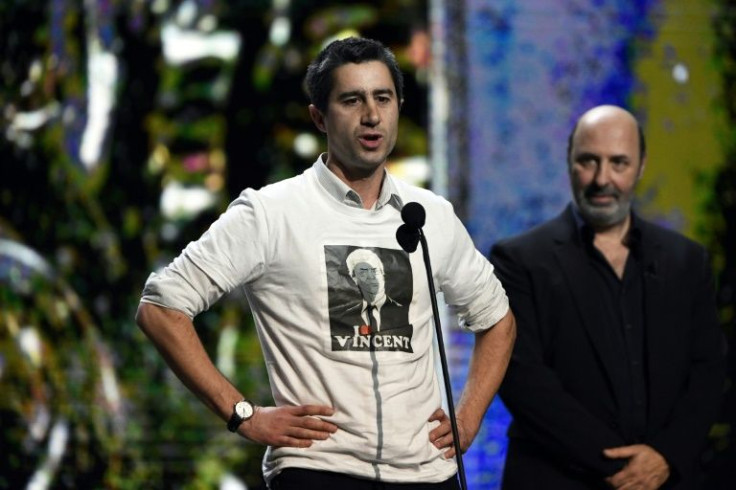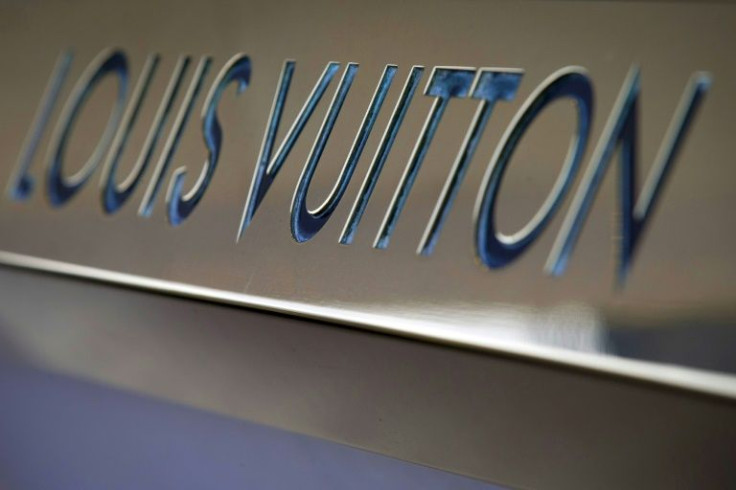LVMH To Pay 10 Mn Euros To Settle Spying Claims
French luxury behemoth LVMH will pay 10 million euros ($11.3 million) to settle claims that it hired France's former domestic intelligence chief to spy on private citizens, in particular on a filmmaker who made a widely popular documentary targeting the group's CEO.
A Paris court on Friday validated the settlement offered by prosecutors, ending an inquiry opened in 2011 against the fashion conglomerate controlled by Bernard Arnault, the world's third-richest person according to Forbes magazine.

The ruling infuriated Francois Ruffin, a journalist, filmmaker and now leftwing politician who made headlines in 2016 with "Merci Patron!" (Thanks Boss!), a film that skewered Arnault as a heartless tycoon impoverishing the French working class.
Ruffin filed a lawsuit in 2019 claiming that LVMH contracted the former head of France's DGSI domestic intelligence agency, Bernard Squarcini, to spy on him for nearly three years while filming the movie, which won a Cesar -- France's equivalent of the Oscars -- as best documentary in 2017.
The film recounts the David-versus-Goliath travails of Jocelyne and Serge Klur, two former textile employees who were among dozens laid off by one of LVMH's subcontractors after their work was outsourced to Poland.

It became a hit with audiences who cheered the couple as they attempt to make Arnault fork over the money to save their home and land Serge a full-time job.
Ruffin had urged the court to refuse the settlement, saying 10 million euros was just 0.02 percent of the nearly 45 billion euros in revenue last year for LVMH, whose brands include Louis Vuitton, Dior, Givenchy and the Sephora cosmetics chain.
"Can justice be bought so cheaply? The answer is yes," Ruffin told journalists after the hearing Friday.
"It's a blank check for all future spying operations by multinationals. All LVMH had to do was pay to get out of the proceedings," he said.
The vice-president of the Paris court, Caroline Viguier, said the settlement took into account LVMH's "cooperation" in the inquiry and "its efforts to prevent any repeat of such incidents".
"There is no institutionalised system [for spying] in place within LVMH and the group accepts its responsibilities, including with regards to the failings that took place," the company's legal director Jerome Sibille told the court.
© Copyright AFP 2024. All rights reserved.





















